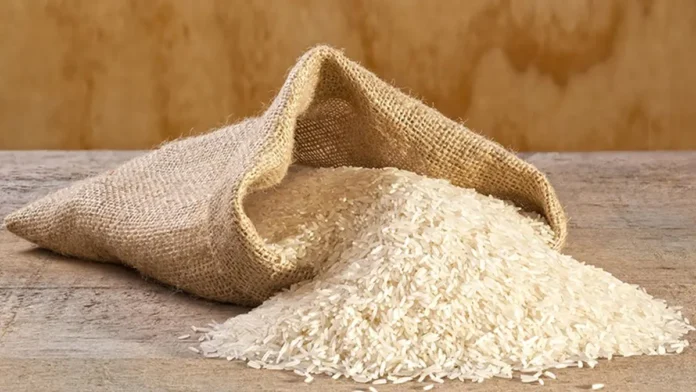Opposition to Islamabad’s Application for PGI Tag: European Lab Results Reveal Indian Basmati DNA Presence in Islamabad’s Fragrant Grain
The debate over the geographical indication (GI) tag for basmati rice has been a long-standing issue between India and Pakistan. Recently, Islamabad has applied for the GI tag for its basmati rice, claiming that it is equally fragrant and flavorful as the Indian basmati. However, the latest development in this ongoing dispute has brought forward some surprising results that have put Islamabad’s application in question.
A European lab has conducted DNA testing on samples of basmati rice from both India and Pakistan. The results have revealed the presence of Indian basmati DNA in Islamabad’s fragrant grain. This has raised serious concerns and opposition to Islamabad’s application for the GI tag.
The GI tag is a certification that identifies a product as originating from a particular geographical region, and possessing unique qualities and characteristics. In the case of basmati rice, the GI tag is crucial as it ensures the protection of the authenticity and quality of the product. It also helps in maintaining the market value and preventing any fraudulent practices.
India has been the sole holder of the GI tag for basmati rice since 2008, and it has been a significant contributor to the country’s economy. The fragrant and long-grained basmati rice is highly sought after in the global market, and it has been a major export for India. However, Islamabad’s application for the GI tag has raised concerns among Indian farmers and exporters.
The European lab results have shown that Islamabad’s basmati rice is not entirely pure and has a significant presence of Indian basmati DNA. This raises questions about the authenticity and quality of Islamabad’s basmati rice. It also brings to light the possibility of mixing Indian basmati with local rice varieties to produce a similar product.
The Indian government has strongly opposed Islamabad’s application for the GI tag, citing the European lab results as evidence. It has also raised concerns about the potential impact on the Indian basmati rice market and the livelihood of Indian farmers. The Indian government has also urged the European Union to consider these results before making any decisions on Islamabad’s application.
Moreover, the opposition to Islamabad’s application is not limited to India. The All Pakistan Rice Exporters Association (APREA) has also expressed its reservations about the GI tag for Islamabad’s basmati rice. They have stated that the presence of Indian basmati DNA in Islamabad’s rice could harm the reputation and market value of Pakistani basmati rice.
The European lab results have also raised questions about the authenticity of other Pakistani products claiming to be of unique geographical origin. This could have a significant impact on the country’s export industry, as the GI tag is an essential factor in determining the value and demand for such products in the global market.
The opposition to Islamabad’s application for the GI tag is not just a matter of economic concerns, but it also raises ethical questions. The GI tag is a recognition of the unique qualities and characteristics of a product that is specific to a particular geographical region. By claiming the GI tag for basmati rice, Islamabad is not only undermining the authenticity of Indian basmati but also disregarding the cultural and traditional significance of the product.
In conclusion, the European lab results have brought forward some crucial evidence that opposes Islamabad’s application for the GI tag for basmati rice. The presence of Indian basmati DNA in Islamabad’s rice raises questions about the authenticity and quality of the product. It also highlights the need for strict regulations and measures to protect the GI tag and ensure the authenticity of products claiming to be of unique geographical origin. The Indian government’s opposition to Islamabad’s application is not just a matter of economic concerns but also a matter of preserving the cultural and traditional significance of basmati rice.


